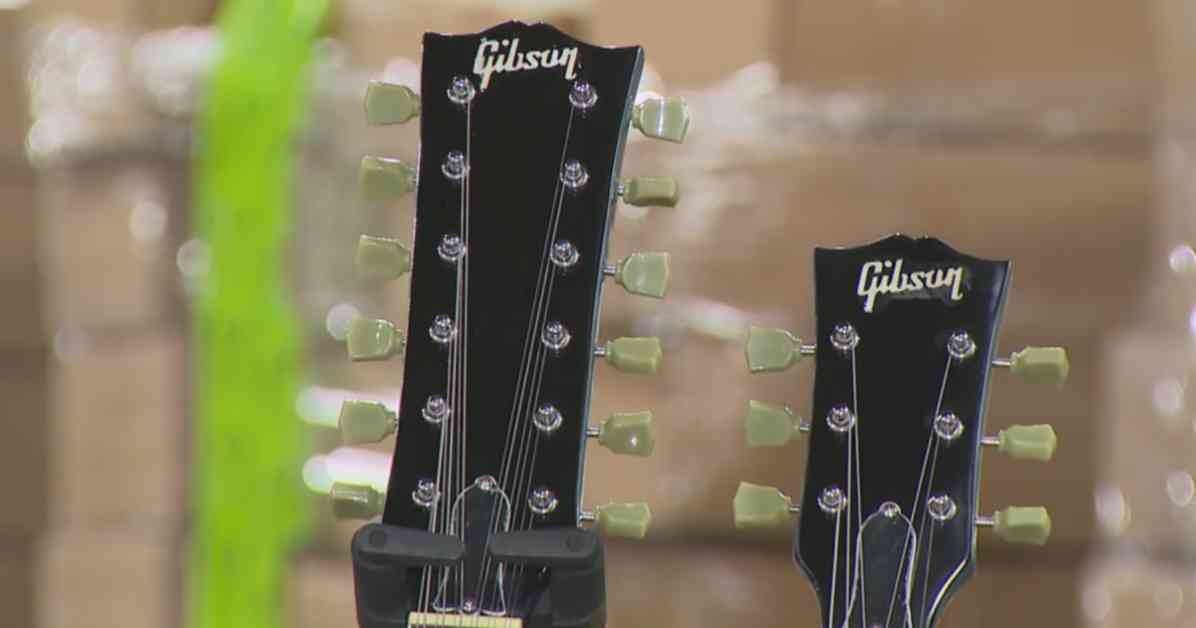U.S. Customs and Border Protection recently made a significant discovery in Southern California, seizing over 3,000 fake Gibson electric guitars. The value of these counterfeit instruments, if they had been authentic, would have been a staggering $18 million. The guitars were intercepted at the Los Angeles/Long Beach Seaport, the busiest container port in North America.
While the knockoff guitars were manufactured outside the country, it is important to note that all genuine Gibson guitars are hand-crafted in the U.S. The company’s chief marketing officer, Beth Heidt, emphasized the emotional and personal significance of this issue, highlighting the generations of artisans behind the more than 100-year-old brand.
The seized guitars included imitations of popular models such as the Gibson SG and Les Paul, as well as counterfeits of other well-known brands like Fender. Some of these fake guitars were valued at $2,500 each, while imitations of higher-end Gibson models could typically retail for over $10,000.
Federal authorities have not disclosed information about suspects or the origin of the counterfeit guitars. Violating the federal statute that protects consumers from counterfeit products can lead to fines of up to $250,000 and 10 years in prison, according to U.S. Customs and Border Protection.
The director of the LA-Long Beach Seaport, Africa Bell, highlighted the challenges of detecting counterfeit products in the massive volume of cargo that passes through the port daily. She described it as akin to finding “the smallest of needles in the largest of haystacks.”
Guitar enthusiasts and experts can easily distinguish between fake Gibson guitars and authentic ones based on various factors like sound quality and visual details. For example, flaws in the finishing, lightweight feel, logo placement, and inconsistencies in craftsmanship can be telltale signs of a counterfeit instrument.
It is crucial for consumers to purchase products like Gibson guitars from authorized retailers listed on the company’s website to ensure authenticity and quality. Counterfeit goods not only infringe on intellectual property rights and harm reputable brands but can also pose risks to consumers due to the use of substandard materials.
In addition to guitars, other counterfeit products like medications, cosmetics, and items containing lead paint have been seized at the Southern California port. The selling of counterfeit goods not only undermines legitimate businesses but also poses health risks to unsuspecting consumers. It is essential for authorities to remain vigilant in combating the influx of fake products in the market to protect both brands and consumers.






















